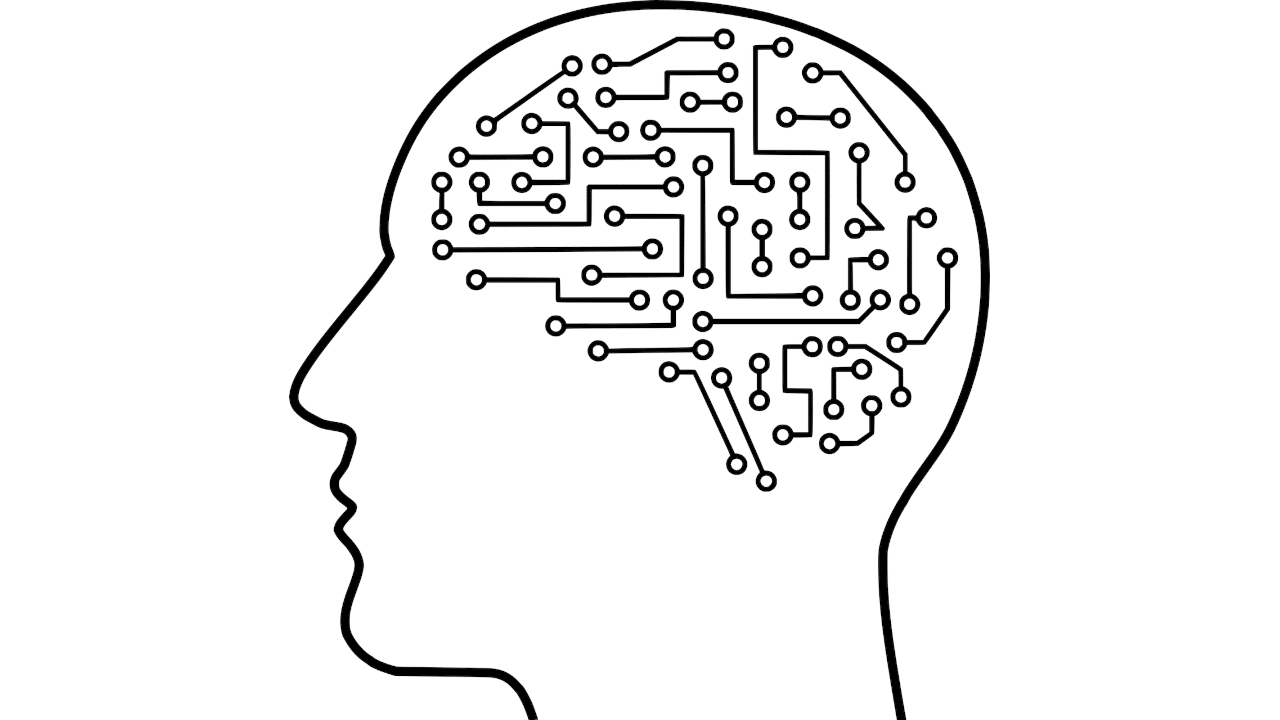
Bell Labs housed several of the smartest scientists of their generation. Some even held managerial positions in the parent company. But nevertheless, they were unable to see the change that was happening around them. Change that was largely the responsibility of Bell Labs. Understand this story it will help us to understand why Unix became the operating system of reference, and why instead of using it today most computers run reimplementations or inspirationss. For those who claim it, when I finish this series and before starting with the history of Unix, I promise to publish the bibliographic sources.
The beginning of the end of an institution
AT&T executives committed the worst of sins. They forgot they ran a company. They viewed their monopoly as an American institution at the level of apple pie, July 4 fireworks, or Thanksgiving football game. They preferred to ignore the signs that there were politicians and bureaucrats who were willing to remind them (That will be part of the next article) but, they had to face it when it was the American consumers themselves who clearly sent the message.
When, in the second decade of the XNUMXth century, Theodore Vail took over the company, he decided to abandon the aggressive expansion system of his predecessors and agree on the conditions of a monopoly with national and state authorities. At that time a monopoly made sense since the investments necessary to build an integrated communications system (especially in a geography as extensive and varied as that of the USA) were only available to large companies or governments.
Vail was not only the one who suggested to the authorities the creation of regulators. He also taught them what to regulate. It established the objective of offering a basic service at the local level at affordable prices.. Long distance communications were more of a necessity for large corporations and state entities that could pay higher rates.
I was surprised to learn that one of AT & T's sources of income had to do not with communications but with finances.. The company secured low-rate loans to finance the installation of lines and equipment. In turn, they were financed to clients at slightly higher rates, keeping the difference.
Changes, everything changes
In the early XNUMXs it was clear to many that the system had to change. The expansion of the road network, the popularization of the automobile, the emancipation of women and the number of people who saw the world thanks to the Second World War produced profound social changes.
First, teens began looking for ways to differentiate themselves from their parents. Second, people got used to traveling far from home. When the monopoly was built, the goal was for people to use the telephone within their town. Now it was used more and more in long distance calls. The problem was that in Vail's envisioned scheme, long-distance communications subsidized local calls since the system was seen as a network of local networks.
And, let's not forget the mess caused by friend Shannon by demonstrating how through the same telephone system it was possible to transmit video and data signals.
AT&T swept the problem under the rug. Instead of redefining its service as a single network to transmit multiple types of data and focused on the long distance, it decided to multiply its efforts in the traditional business. Of course, doing the former would have meant discussions with state and national regulators, and eventually giving up the monopoly.
This is how the company began an aggressive campaign for people to use the telephone more and even hire a second or third line. Western Electric made the big Apple by designing gadgets that were decorative. He even tried (and failed) to sell a videophone on the corporate market.
As a reward began offering discounts to large long distance call users.
What is good about capitalism is that someone always detects a need and satisfies it, as long as it is profitable and regardless of the regulations prohibiting it. AT&T was barred from entering the computer market and was so devoted to monopoly privilege that it avoided marketing equipment that could be identified as a computer. However, other companies Despite legal impediments, they did not hesitate to market automatic telephone exchanges and much cheaper modems. Over time, the judges would rule in favor of these companies, making them legal.
Do you remember the discounts on international calls for large users? Right away someone discovered the brokerage business. It bought big data plans and sliced them so individual users would benefit from lower costs. Also AT&T failed to prevent it.
And finally came inflation. The low financing rates that the company achieved are a thing of the past. And, since he could not increase user fees, What was once a way to earn money has now become a drain on funds.
I promise, one more article and we come to Unix.








I am loving this piece of history that you are telling us and about the revolution not only in the forms of communications, but in the field of electronics and how it led to digitization in the end.
A hug and thank you for bringing us these items.
Thanks for commenting.